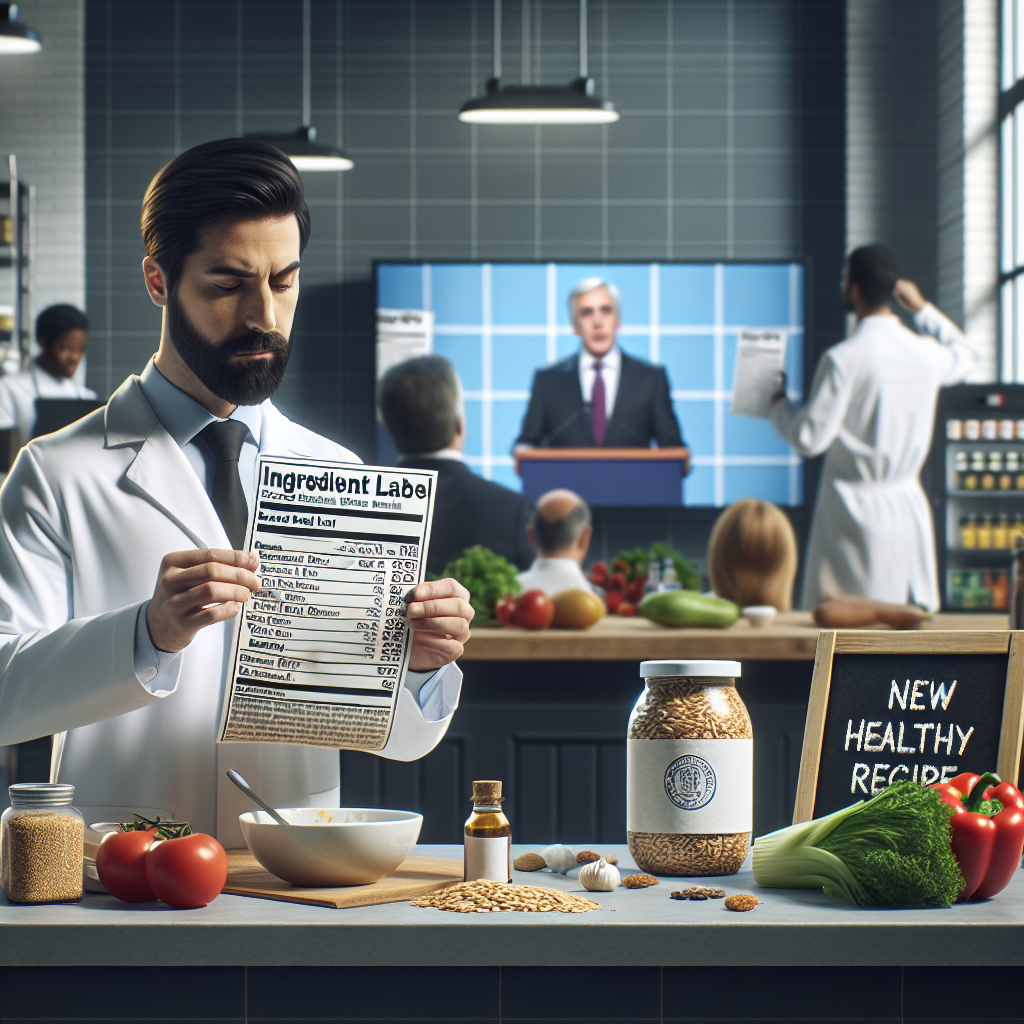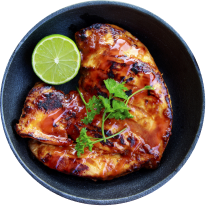Why Food Companies Are Reformulating Products as Robert F. Kennedy Jr. Sparks Debate on Additives
Introduction
In a surprising turn, food companies across the United States are rewriting recipes, reformulating processed goods, and removing controversial additives in response to rising consumer concerns—and the growing influence of political figures such as Robert F. Kennedy Jr. With increased awareness about the health impacts of ultra-processed foods and certain chemical ingredients, some brands are taking proactive measures to win back trust and cater to shifting dietary preferences.
This blog post dives into the reasons behind these recipe changes, the role Robert F. Kennedy Jr. plays in amplifying concerns, and what it means for consumers and the future of processed food in America.
Robert F. Kennedy Jr.’s Stance Reignites Food Safety Conversations
Robert F. Kennedy Jr., a presidential hopeful and environmental activist, has long been known for his skepticism around pharmaceutical companies and government regulation of health products. Now, he’s raising broader concerns about the ingredients found in everyday foods, particularly processed foods loaded with chemical additives, preservatives, and artificial flavorings.
In various interviews and campaign stops, Kennedy has pointed out what he considers the failure of regulatory agencies like the FDA to protect human health from substances that are banned in many other countries, yet remain legal in American foods. Among the substances receiving newfound scrutiny are food coloring agents, artificial sweeteners, and emulsifiers that have been linked—though not definitively proven—to health issues ranging from hyperactivity in children to long-term metabolic disorders.
The Big Shift: Why Food Manufacturers Are Updating Recipes
The shift in consumer preferences has been underway for years, but food companies are now accelerating reforms as political pressure and consumer advocacy reach new levels. According to industry experts, several factors are playing a role in these dramatic overhauls:
1. Consumer Health Awareness
A growing body of research connecting processed foods with obesity, diabetes, and cardiovascular disease has led consumers to demand healthier alternatives. With plant-based eating, organic products, and low-sugar options gaining momentum, companies that fail to adapt risk losing market share.
The popularity of clean-label food products—those that contain simple, recognizable ingredients—has surged. Shoppers increasingly flip over packages to inspect labels before making purchases, prompting brands to remove potentially controversial ingredients such as high-fructose corn syrup, titanium dioxide, and artificial dyes.
2. Pressure From Influencers and Activists
RFK Jr. joins a swelling chorus of health advocates, nutritionists, social media influencers, and watchdog organizations that have criticized the food industry for years. His high-profile platform has amplified existing concerns, compelling companies to reevaluate what goes into their products before reputational damage affects their bottom line.
3. Global Standards and International Market Competition
Many of the additives used in American food products are banned or restricted in the UK and EU. As global competition heats up, multinational food corporations face mounting pressure to standardize their recipes for both regulatory compliance and consumer trust. It’s no longer sustainable to maintain two sets of recipes—one for global markets and one for the U.S., with inferior additives.
Examples of Companies Making the Change
PepsiCo and Kraft Heinz Lead the Way
Major corporations like PepsiCo and Kraft Heinz have already begun reformulating specific products to reduce or eliminate controversial additives. While the companies haven’t provided exhaustive ingredient lists, they’ve confirmed they are “listening to consumer feedback” and aim to make food that “meets modern expectations.”
Cereal Giants Remove Artificial Colors
Several cereal brands, including those under Kellogg’s and General Mills, have removed artificial food dyes and flavors in children’s cereals. This change follows years of campaigns from parents and public safety groups who highlight studies linking food dyes to behavioral issues in children.
Fast Food Chains Catching On
Chains like Panera Bread and Chipotle have built their brand around clean eating and transparency, but even traditional fast food powerhouses like McDonald’s and Taco Bell have slowly revamped their menus by reducing sodium or removing artificial preservatives from staples like chicken nuggets and burger buns.
What Are the Most Controversial Additives and Why?
The ongoing reformulation of food products is centered around a handful of ingredients that have raised red flags among scientists and health-conscious individuals. Some of the biggest offenders include:
- Red Dye 40 and Yellow 5: Artificial colors thought to cause hyperactivity in children.
- Titanium Dioxide: A whitening agent banned in the EU over concerns about its potential as a carcinogen.
- Brominated Vegetable Oil (BVO): Used in sodas, linked to thyroid issues and banned in Europe and Japan.
- Azodicarbonamide (ADA): A dough conditioner found in some breads, also used to make yoga mats.
- Potassium Bromate: Used in bread, flagged as a potential carcinogen in animal studies.
These ingredients have not been conclusively proven to be dangerous, partly due to lack of long-term human trials, but growing epidemiological evidence and international bans have raised enough eyebrows to convince companies that erring on the side of caution is in their best interest.
What This Means for Consumers
For consumers, the reformulation wave suggests a much-needed shift toward transparency and health-consciousness in the food industry. While it’s important to recognize that not all additives are inherently unsafe, it’s equally important that consumers be given clear information to make informed decisions.
This new era of cleaner, simpler ingredients could also offer broader benefits, including reduced disease risk in the population, better food education, and perhaps even greater trust in food labels and American food safety standards.
The Future of Processed Food in America
As Robert F. Kennedy Jr. continues to share his perspective on the intersection of politics, health, and food, the conversation around food additives is far from over. Whether you agree with all of his stances or not, it’s evident that his commentary is moving the needle on a long-avoided issue in public health and consumer safety.
Food manufacturers are responding—not just to him, but to millions of American shoppers armed with smartphones, social media platforms, and better nutritional awareness than ever before. The race is on to build the next generation of food that’s not only convenient and affordable—but also clean, transparent, and wellness-oriented.
Conclusion
The calls for transparency in food production are becoming too loud for companies to ignore. Whether sparked by the advocacy of Robert F. Kennedy Jr. or the long-standing efforts of health-conscious consumers and researchers, one thing is clear: the future of food in America is experiencing a reckoning. As food brands adapt to this changing landscape, consumers stand to benefit from healthier, cleaner, and more responsibly made choices on store shelves.
Keep reading our blog for the latest insights on food safety, ingredient transparency, and how policy and public opinion continue to shape what we eat.













